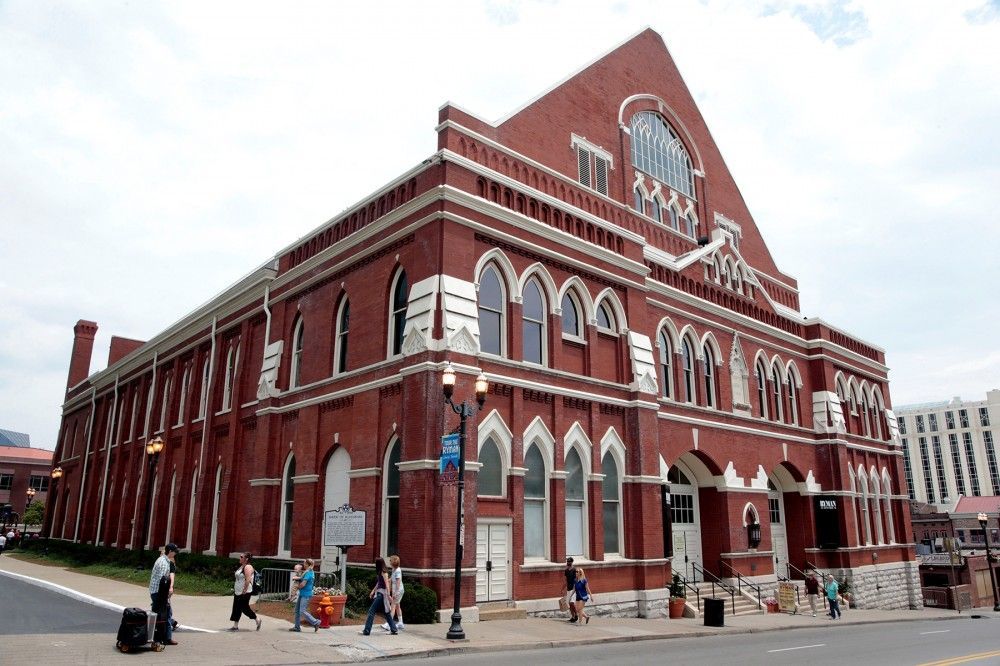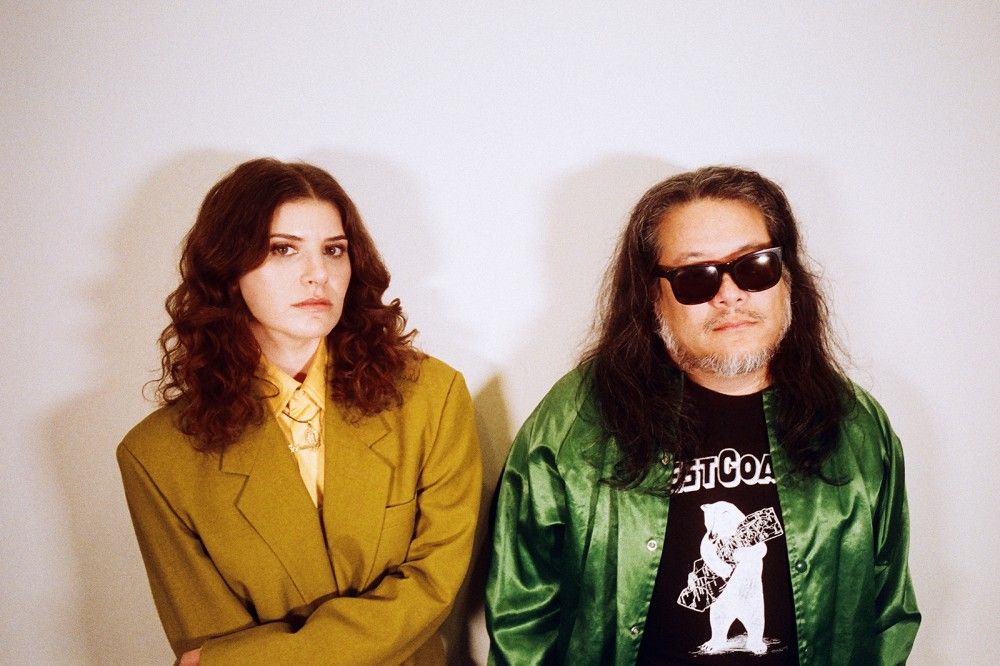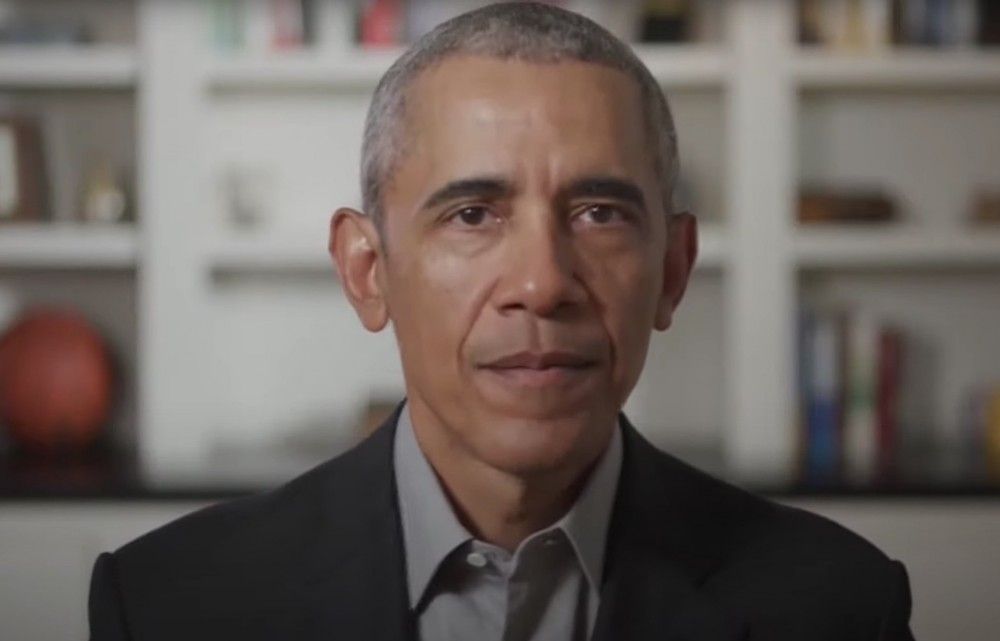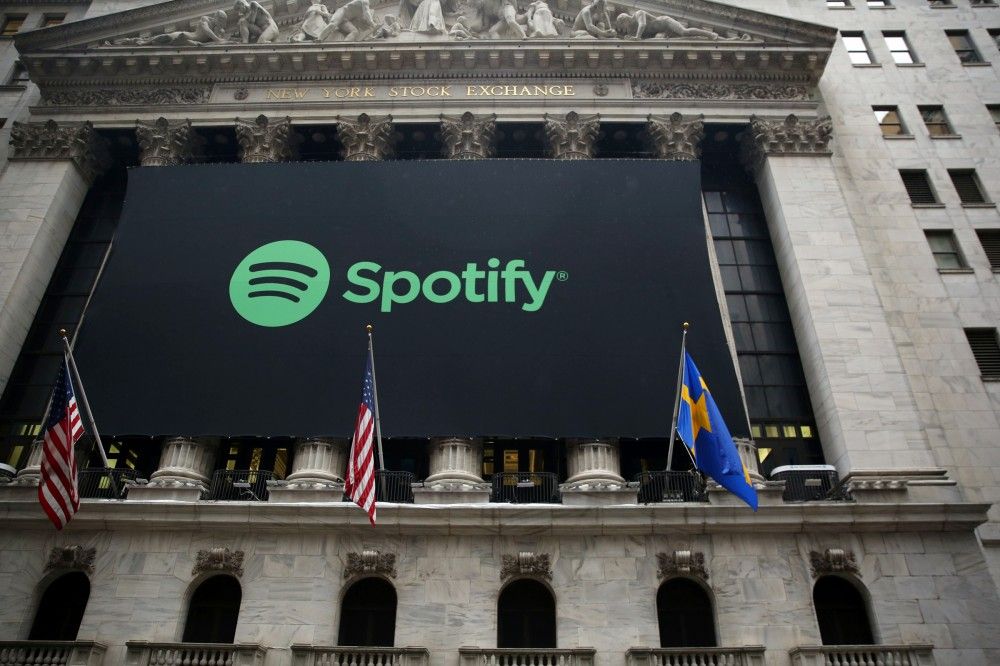
Nashville's Ryman Auditorium Is Ready to Reopen, But When Remains Unclear
This is the 13th installment of Rolling Stone’s Music in Crisis series, which looks at how people all across the music industry are coping with the coronavirus pandemic.
 On Monday, Nashville will enter Phase 2 of its COVID-19 reopening plan, allowing live music to resume in bars in a very limited capacity — only two performers can be onstage at the same time and dance floors are off-limits. Larger concert venues like the , however, will remain closed until, according to the city’s “Roadmap for Reopening,” “there is positive improvement/stability in the metrics for 14 days” and Nashville can begin Phase 3.
On Monday, Nashville will enter Phase 2 of its COVID-19 reopening plan, allowing live music to resume in bars in a very limited capacity — only two performers can be onstage at the same time and dance floors are off-limits. Larger concert venues like the , however, will remain closed until, according to the city’s “Roadmap for Reopening,” “there is positive improvement/stability in the metrics for 14 days” and Nashville can begin Phase 3.
That means the unprecedented period of dormancy for Music City’s most famous venue continues without a concrete end date. “This is the longest that no activity has happened in the building,” Ryman General Manager Gary Levy tells Rolling Stone. “The Ryman has been open as a tourist attraction since 1963.”
While a bluegrass concert by the SteelDrivers is currently active on the Ryman’s calendar for July 2nd, there is “no date set for reopening at this time,” according to a rep for the venue.
We spoke to Levy and the Ryman’s Director of Concerts, Chrissy Hall, about how the storied auditorium is faring and what reopening a former church built in 1892 might look like.
How has the live music shutdown affected the Ryman?
Gary Levy, General Manager: Ryman Hospitality Properties, who own us, the Grand Ole Opry House, and Ole Red, made the financial decision that they would continue to pay all part-time and full-time employees. It gives a sense of security to our employees and shows them that they’re very valued by the company. And it gives us that security that when the Ryman comes back, we’ll be confident that we have loyal employees ready to work. It takes a village to run that venue, and we know that village will be back in full force. For instance, the person in charge of all of our ushers and house staff, they hold a Zoom call to check in on everybody. But the busiest person is our director of concerts, Chrissy Hall. She has the jigsaw puzzle in front of her and is working with our partners, promoters, artist management, and agents to say we’re canceling shows or postponing shows.
Chrissy Hall, Director of Concerts: We’ve had to move probably 40 to 50 shows over the last few months. But very few are straight up canceling, so far. That can change, but for the time being, most artists and management teams want to postpone and play the date at a later time. Our fall is very busy anyway and from October on is always a very popular time to play the Ryman. Finding new dates for said reschedules is an interesting challenge; it’s keeping me busy.
The Ryman is unique in that it’s also a historical attraction. How is that part of it being affected?
Levy: As busy as we are as a concert venue, we’re one of the main tourist attractions in this city. We’re open 262 days as a tourist attraction. This is the longest we’ve been shut down for daytime tours, since 1993 and ’94 when they had stopped tours for a renovation. This building has been appreciated and loved by people visiting Nashville since 1963 and that has come to a complete stop.
Hall: I went down to the venue to check on something the other day and it’s very strange. The building is a living entity; we have systems that come on automatically, heat and air and lights, and it’s all powered down now. It’s very strange to see this living, mythical concert hall just dark and empty. It’s sad.
How has your day-to-day changed?
Levy: I go in once a week, sometimes more, for a couple hours. I’m on four to eight phone calls a day with my direct reports or other staff members and we all have projects we’re working on. We started off the shutdown able to do a couple maintenance projects that we needed to get done, so it gave us time to do that. Now, in abiding with what the mayor and the governor have asked, just essential personnel come in. But we’re ready to get back to work.
Hall: I have my little monitor I took from the office and I’m set up at my kitchen table. It’s not drastically different from my regular day in that I’m still talking to agents, promoters, and managers. What is different is it’s not new business; I’m revisiting things I thought I would be done with by this point. There is a little trickle of new business, but mostly for 2021.
Is there any word on what the first show back might be?
Hall: We may be getting back to some business, but my feeling and the impression I’ve gotten is that that won’t necessarily mean we’ll have concerts yet. So no, not really. There are a few concerts] we have not actively moved yet, but we’re not confident enough to say that, “This is the show that will launch the Ryman back.”
How do you think reopening the Ryman will look?
Levy: The company is in constant contact with the city and we run everything past them. We have the staff working on what exactly we need to do once we get confirmation from the city to restart the business. From a marketing standpoint to restocking dry goods to scheduling staff. Every one of my department leaders are working on checklists. That’s the great unknown — no one is going to know until we get the advice from local, state, and federal guidelines about how we’re able to operate. I’ve never been involved in a situation where there is no end date.
Hypothetically, could you open at limited capacity?
Hall: The reality of our hall is very challenging in that we don’t actually have seats. In a regular theater, you can sell every other seat or every two, or sell four together, but with our pews, I’m not sure how you’d regulate that. You’d have to do every other row, I think. If I’m sitting here and you’re in front of me, that’s not six feet away, so I’m breathing on you. I don’t see many artists and managers considering that, since the Ryman is such a milestone to most artists. I think people’s fear is a factor too. Even if the mayor says, “Go nuts, have a dance party,” I don’t know that, on a human level and psychological level, a lot of people will be willing to go stand with thousands of people.
Interviews were conducted separately, edited, and combined.]



